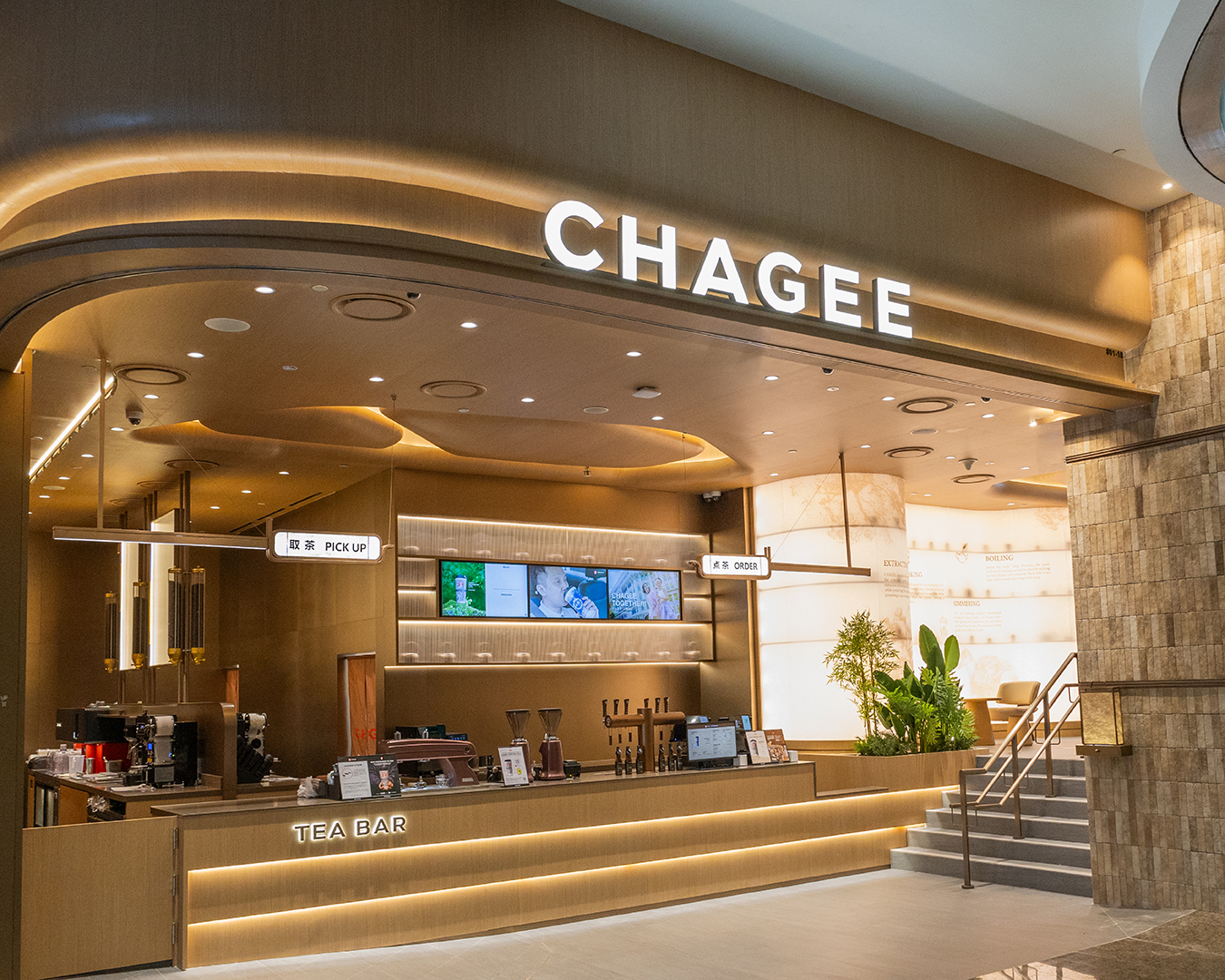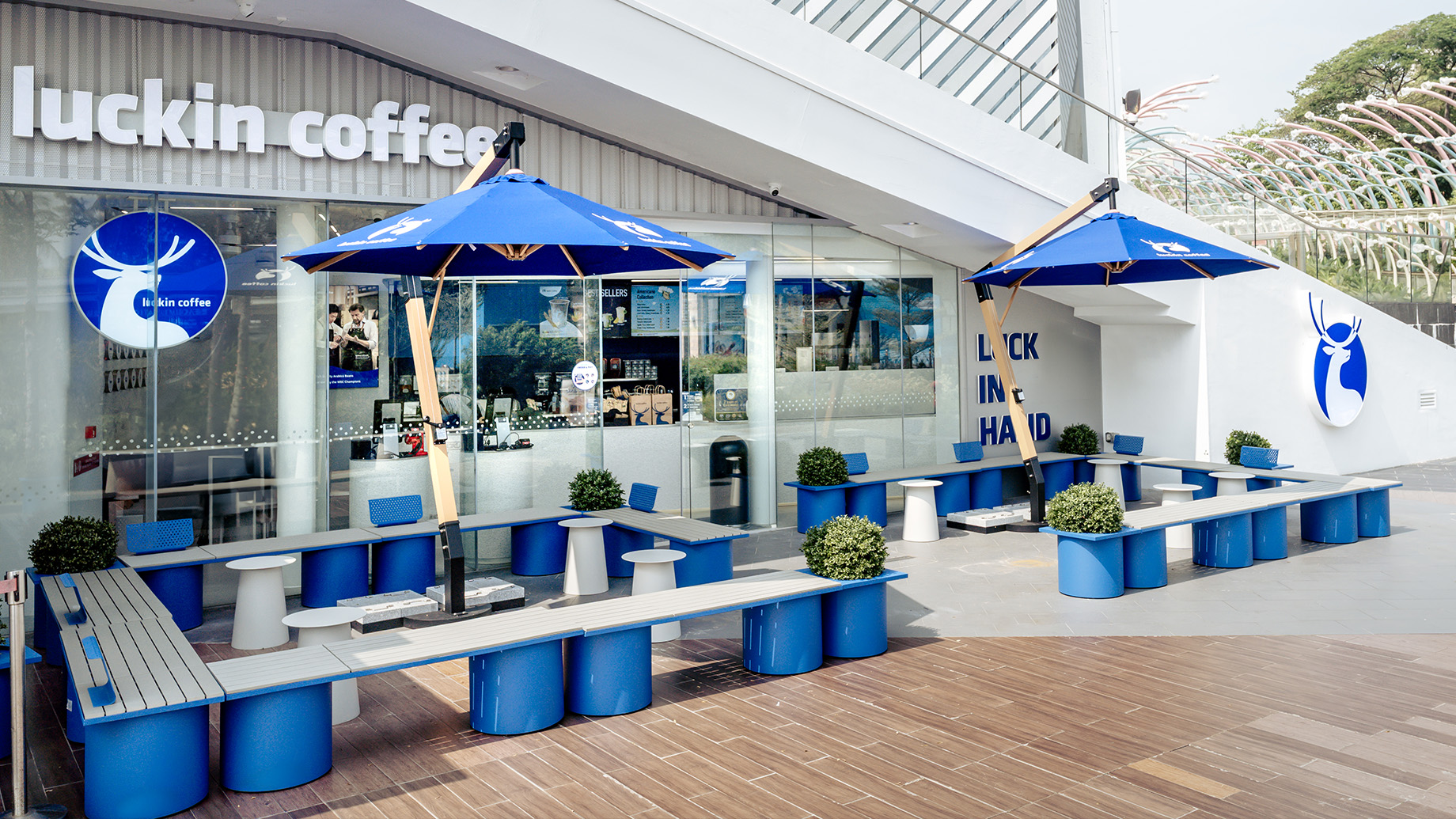The Great IPO Battle: Mixue, Luckin, or Chagee - Which Chinese Beverage Giant Deserves Your Investment Pound?
A deep dive into three Chinese beverage titans reshaping the global drinks landscape
The Sweet Spot of Global Growth
When Starbucks first ventured into China two decades ago, few could have predicted that Chinese beverage brands would one day challenge the Seattle giant's dominance. Today, as Singaporean investors sip their morning kopi, three Chinese beverage companies have captured global attention through spectacular public listings: Mixue Ice Cream & Tea with its record-breaking Hong Kong IPO, Luckin Coffee continuing its remarkable comeback story, and Chagee making waves with its US$411 million Nasdaq debut.
For Singapore's high-earning professionals and sophisticated investors, the question isn't whether Chinese beverage stocks deserve attention—it's which ones merit serious consideration in 2025's evolving market landscape.
Three Giants, Three Distinct Playbooks

Mixue: The Franchise Juggernaut
Mixue Ice Cream & Tea has achieved something remarkable: becoming the world's largest food-and-beverage chain by store count, surpassing even McDonald's with over 47,000 locations globally. In 2024, the company reported impressive financial metrics: 24.8 billion yuan (approximately S$5.2 billion) in revenue with a near-40% year-over-year jump, and 4.4 billion yuan (S$920 million) in profit, representing a 22% increase.
What makes Mixue particularly intriguing for investors is its unique franchise-centric business model. As economist Lee Kok How notes in his analysis: "What Mixue reports is basically what they sell to the franchisee and not to the end consumers... this gives you full control, number one, supply chain, number two, efficiency, and then you can control your cost better."
Key Investment Metrics:
- 47,000+ stores worldwide (December 2024)
- Average product price: 5-6 RMB (approximately S$1.00-1.20)
- Primary market: Tier 2-3 Chinese cities and heartland areas
- Revenue model: Franchisee-focused rather than end-consumer sales
- Hong Kong IPO performance: Surged 47% on debut in March 2025
The franchise model offers compelling advantages: lower operational costs, rapid scalability, and reduced capital requirements for expansion. However, as dividend specialist Willie Keng warns: "As investors, you want to understand whether the products which you sell has some form of addiction with the consumers... if you're looking at Mixue's model, what I find sometimes difficult to understand is... you actually have two different customer segments here."
Luckin Coffee: The Digital Disruptor's Redemption
Luckin Coffee's remarkable turnaround story continues to impress. After its accounting scandal in 2020, the company has rebuilt itself into China's dominant coffee chain. First quarter 2025 results were particularly strong: total net revenues of RMB8.9 billion (S$1.8 billion), representing a 41.2% year-over-year increase.
Key Investment Metrics:
- 24,000+ stores (as of Q1 2025)
- Average product price: 12-13 RMB (approximately S$2.40-2.60)
- Net new store openings: 1,757 in Q1 2025 alone
- Revenue growth: 41.2% year-over-year in Q1 2025
- Primary positioning: Efficiency-focused, takeaway-centric model
Luckin's technological sophistication sets it apart. The company's app-based ecosystem enables sophisticated customer data analytics, personalised promotions, and operational efficiency. "The first time I bought a coffee on an app is Luckin's coffee... over time, because it has all my data set, it will know what I buy, when I buy, when I consider buying, and then they will send the prompts accordingly," observes one industry analyst.
However, Luckin faces concentration risk. As Willie Keng notes: "Luckin is predominantly coffee driven... from a risk perspective, I would say that perhaps Luckin is the most risky because if anything happens to coffee, they'll get hit."

Chagee: The Premium Play
Chagee Holdings represents the premium segment of Chinese tea culture. Trading on Nasdaq under ticker "CHA", the company raised US$411 million in its April 2025 IPO, marking the second-largest Chinese listing in the US in three years. Shares climbed 21% on debut, valuing the company at US$6.2 billion.
Key Investment Metrics:
- 6,400+ stores globally (December 2024)
- 18-20 RMB average selling price (approximately S$3.60-4.00)
- Q1 2025 GMV: RMB8.2 billion, representing 38% year-over-year growth
- Target demographic: Premium tea consumers, primarily in tier-1 cities
- Store positioning: High-end mall locations with significant seating areas
Chagee occupies prime real estate, often securing flagship locations in top-tier shopping centres. This positioning strategy supports higher pricing but comes with elevated rental costs and market positioning risks.
The Singapore Investor's Perspective: Opportunities and Risks
Market Dynamics Favouring Growth
The global bubble tea market presents compelling growth fundamentals. Industry research indicates the market will grow from US$3.12 billion in 2024 to US$3.37 billion in 2025, with long-term projections reaching US$4.78 billion by 2032 Fortune Business Insights. For Singapore-based investors, this represents a significant addressable market with local relevance—all three brands have established meaningful presences in Southeast Asia.
Investment Evaluation Framework
Lee Kok How emphasises the importance of profit margin sustainability: "Profit margins are something which I look very, very closely at... I want to look at whether the profit margins of these businesses... whether they're able to maintain their gross margins and their net margins year on year."
Critical metrics for evaluation:
- Same-store sales growth and customer retention
- Gross and net margin stability during growth phases
- Geographic positioning and rental cost management
- Supply chain control and cost efficiency
- Technology adoption and customer data utilisation
Key Risk Considerations
Concentration Risk: Each company faces distinct vulnerabilities. Luckin's coffee dependency, Mixue's franchise model complexity, and Chagee's premium positioning all present unique risk profiles.
Internationalisation Uncertainty: While Southeast Asian expansion appears promising, Willie Keng cautions: "Beverages tend to be very local... it appeals to the market which you are in... in this case, internationalization is like a tail wind... it may happen, but it may not be the alpha."
Product Mix Expansion Risks: Both experts warn against over-diversification. "Is there a red flag here if the product mix gets too far from their core competency? As an investor, at this point in time, it will be a red flag. You don't want to see them go too far off their niche," notes Willie Keng.
The Verdict: Strategic Allocation for Singapore Portfolios
For Singapore's sophisticated investor base, these three companies offer distinct value propositions:
Mixue appeals to value-oriented investors seeking exposure to China's mass market consumption story with a proven franchise scalability model. The company's ability to maintain profitability while serving price-sensitive consumers demonstrates operational excellence.
Luckin Coffee suits growth investors comfortable with higher risk-reward profiles. The company's digital sophistication and rapid market share gains in China's coffee market present compelling long-term prospects, though single-product concentration requires careful monitoring.
Chagee attracts investors seeking premium brand exposure with international expansion optionality. Trading on Nasdaq provides additional liquidity and regulatory comfort for Singapore-based institutional and retail investors.
Hear more from Economist Lee Kok How, and DividendTitan Willie Keng in our interview with them.The Bottom Line
China's beverage revolution extends far beyond trendy Instagram posts and queue-forming store openings. These companies represent sophisticated business models adapting to evolving consumer preferences while building scalable, technology-enabled operations.
For Singapore investors, the key insight lies not in picking winners and losers, but in understanding how each company's unique positioning creates distinct investment characteristics. As Lee Kok How concludes: "To be able to compete in China itself, the domestic market, you really have to be at the top of your A game... each segment, you can't really dominate the entire market. You have to actually niche."
The bubble tea battle represents more than beverage preference—it's a case study in modern Chinese business innovation, consumer behaviour evolution, and the globalisation of local brands. For discerning Singapore investors, these companies offer compelling exposure to themes that extend well beyond their core beverage operations.
The question isn't whether to invest, but how to thoughtfully allocate across these distinct Chinese consumer champions as they reshape the global beverage landscape.
Sources:
- Mixue Hong Kong IPO Results - Reuters
- Luckin Coffee Q1 2025 Financial Results
- Chagee Nasdaq IPO Performance - CNBC
- Global Bubble Tea Market Analysis - Fortune Business Insights
Let us know what you think about this topic, and what do you want to hear next.
You can now be our community contributor and make a pitch to have your favourite personality be on our show.
Join our community group and drop us your insights on this topic.

-3.png?width=50&name=Square%20(2)-3.png)










Let us know what you think of this post